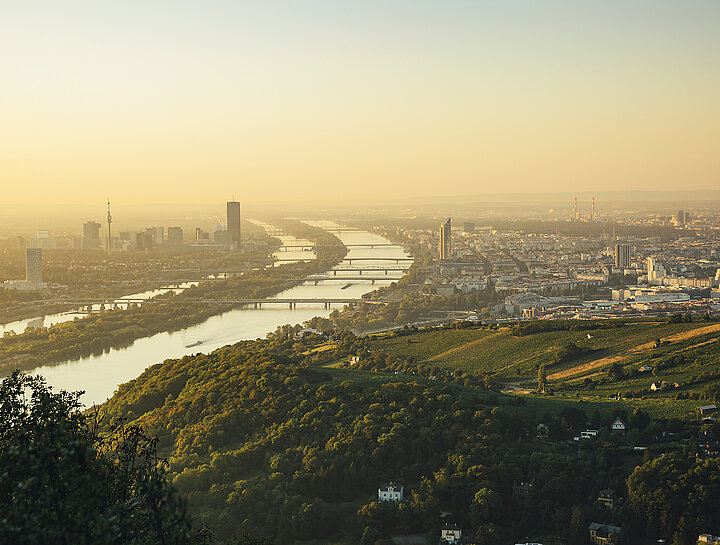
Recycling and Waste Management
Recycling and waste separation play an important role in Austria. The Austrian Waste Management Act lays down the most important principles, such as sustainability, protection of people and the environment and the conservation of natural resources.
Overview
Waste prevention has top priority. The measures include using reusable packaging instead of disposable packaging, repairing or renting instead of buying new packaging and passing on goods that are no longer needed. Most glass, plastics, metals, waste paper and organic waste can be recycled or processed.
Depending on the federal state, there are different systems and colours of waste containers. In Vienna, for example, there is a well-organised, colour-coded recycling bin system that applies to both street bins and householdsboth street bins and households (). Throughout Austria, a disposable deposit must be paid for all closed plastic or metal beverage containers with a capacity of 0.1 to 3 liters. Products subject to a disposable deposit are marked with the Austrian deposit logo. The deposit is 25 cents per container. Containers can be returned via machines in supermarkets or at manual collection points.
Practical Links for Recycling
The ARA Recycling Guide is very practical, it tells you exactly what you can dispose of and where.
With the rubbish app, you can bring your personal rubbish calendar to your mobile phone or mailbox.
Detailed information on containers deposit can be found here.
Recycling clothes and clothing material
There are several large clothing aid organisations in Austria that accept donations. The containers are usually located at central waste collection points or in municipal depots.
More information on recycling textile.
Further information on clothes and textiles.
Waste-App
Uniquely, Austria has a free mobile app called MüllappMüllapp () (TrashApp) which helps with garbage collection. The app covers several Austrian cities with its useful services. For example, users can organize their own garbage collection and the app will remind them to put their bins outside on the chosen day. It also provides updates from the city council as well as information about where to find nearby containers. The app also tells you where to dispose of old clothes and provides details of other specific waste management sites.
Further Information on Recycling
Recycling Paper: Find out what should be collected and what is not allowed in the red containers here.
Recycling Glass: You can find out exactly how it works and what you must not put in the glass bins here.
Recycling Metal: The deposit system for single-use drinks containers made from plastic and metal will be introduced in Austria on January 1, 2025.

